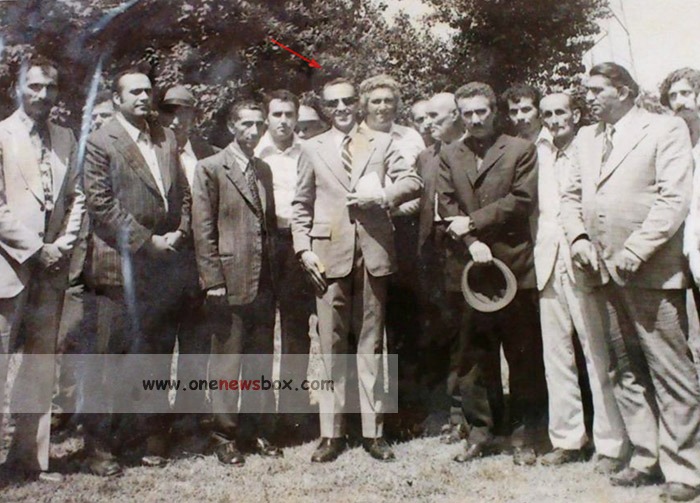Rambod was notably regarded as one of the most active and ambitious leaders within the People’s Party circles, articulating both policy positions and internal reform needs. He identified two principal challenges besetting his party:
-
External pressure from the New Iran Party, which had access to state apparatus and machinery to suppress or marginalize the People’s Party and its personnel.
-
Internal factionalism, which he believed prevented the People’s Party from organizing its strength, focusing its energy, and coherently voicing its agenda.
Rambod advocated for unity, discipline, and a refocused investment in party cohesion. Though a political insider, he pressed for structural reform in how the party functioned—and for stronger resistance against the dominance of the New Iran Party.
Within his Tehran constituency, competition was particularly intense. He regularly competed with Suleiman Pasha Khan Babakan Sasani, son of Nosratollah Khan Sardar Moqtaddar, who was aligned with the New Iran Party and its political network. Rambod’s base remained active and loyal, bolstered by his family’s political reputation and his own legislative presence.
Rise under Pahlavi: Cabinet Positions and Political Office
By 1977, Rambod’s political trajectory culminated in his resignation from the People’s Party. At this critical juncture, he took on several high‑level governmental roles in the cabinet of Prime Minister Jamshid Amouzgar. Though his party ties had shifted, his influence did not diminish—in many ways, it expanded.

